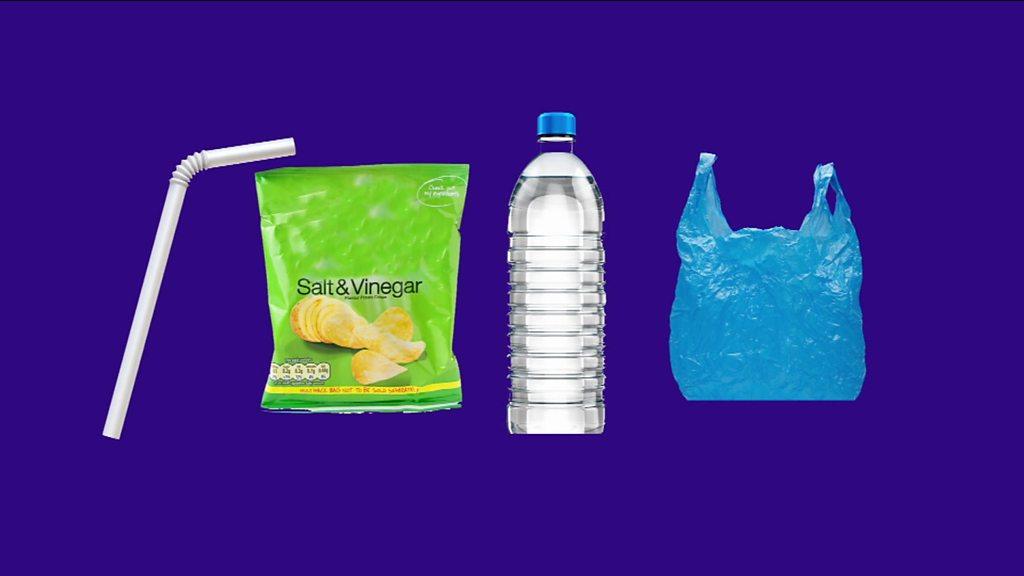Wet wipes: MP Fleur Anderson calls for wipes containing plastic to be banned
- Published
- comments

MP Fleur Anderson (left) has proposed that all single-use wet wipes are banned and the environment minister Rebecca Pow (right) says that wet wipes are "revolting"
Labour MP Fleur Anderson hopes to add wet wipes to a list of banned single-use plastic items as part of a new bill - a proposal to make them against the law.
Single-plastic use has become a growing issue, with concerns from campaigners about their negative impact on the environment.
Ms Anderson says wet wipes containing plastic can be very harmful as a form of plastic pollution.
In response Conservative environment minister Rebecca Pow agreed that wet wipe pollution is "revolting" and should be avoided, but she has not put her full support behind the bill yet.
What are single-use plastics and why are they a problem?
Single-use plastics refers to any item or product that is fully or partly made of plastic, that is designed to be used once and thrown away.
Sandwich wrappers, drinks bottles, shopping bags and balloons are all items that are considered to be single-use plastic.
These sorts of items are considered by conservationists and environmental campaigners to be very wasteful.
This is because plastic is considered a pollutant, which means it does more harm than good to the environment.
Unlike materials like paper, cotton and wood, plastic can take hundreds and thousands of years to break down.
As a result it can cause a huge amount of build up, and harm the world's plant and animal life.
What's wrong with using wet wipes?
Ricky went to investigate the mounds of wet wipes reshaping the River Thames
Many wet wipes contain single-use plastic.
And lots of people assume that they can be flushed down the toilet, which isn't actually a safe way to dispose of wet wipes.
If wet wipes are flushed down the toilet, they can clog pipes and sewers. Often they end up in the natural environment like in rivers and in the sea.
It's here that they can do irreversible harm to wildlife.
Banning single-use plastic in the UK
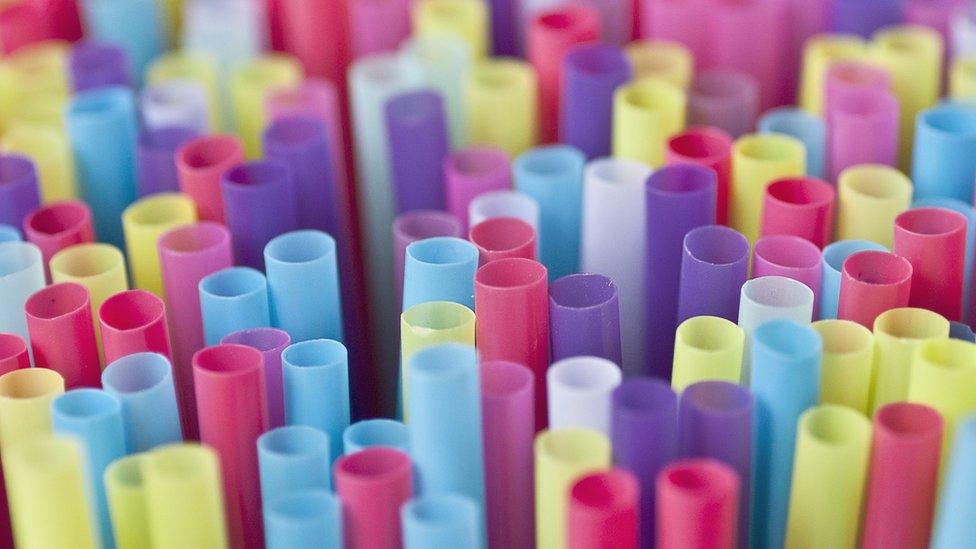
There's been an effort in recent years to try and get single-use plastic banned in some nations in the UK.
In England and Scotland, there has so far been a ban on the supply of plastic drinks stirrers, cotton buds, drinking straws and plates.
In Wales, bans have been proposed but none are in place.
And in Northern Ireland no bans have been proposed.
Some campaigners and politicians feel that more single-use plastic items should be added to the list of those that are banned.
And this is what MP Fleur Anderson wants with single-use plastic wet wipes.
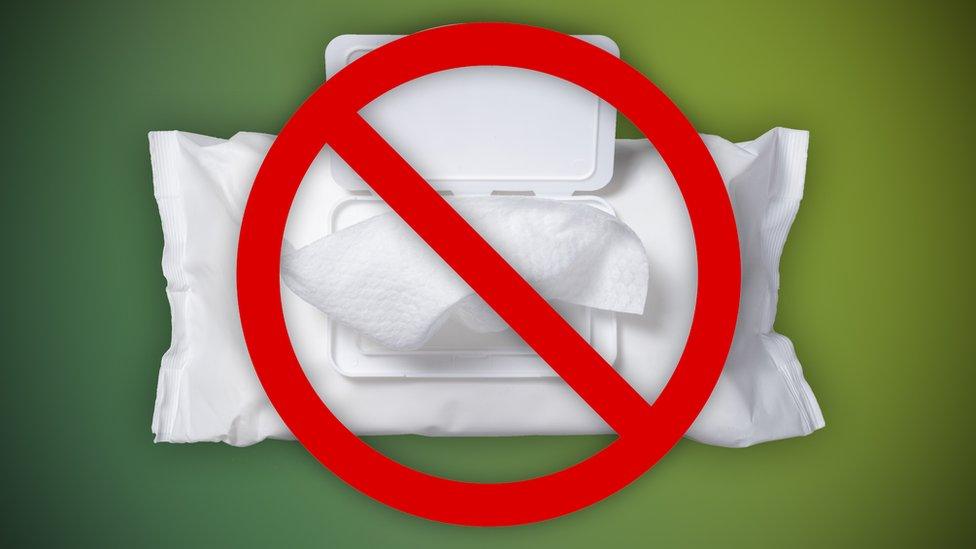
What is going on with this bill?
MP Fleur Anderson recently spoke about a ban on wet wipes in at a meeting about the environment in the House of Commons.
She told MPs: "Billions of wet wipes containing plastic are still being used across the country, causing environmental damage, blocking our sewers.
"There's an island the size of two tennis courts and I've been and stood on it - it's near Hammersmith Bridge in the Thames and it's a metre deep or more in places of just wet wipes... it's actually changed the course of the River Thames," she added.
But the UK's environment minister, Rebecca Pow, said that more time was needed to make a decision.
In response to Ms Anderson, she said: "We are working our way through the details and, of course, we have to make sure that, if a ban is brought in, it doesn't have knock-on effects that will cause similar problems because, even though other wet wipes might be deemed suitable to flush, they still get stuck in sewers, so we have to be mindful of all of that."
Ms Pow said she wanted to see more evidence on what the impact of banning wet wipes containing plastic would be. But she did agree that wet wipes were bad for the environment.
"What I would say to everybody is if you don't need to use a wet wipe don't, but also don't chuck them down the loo," she said.
Ms Anderson's bill will be looked at again at a second reading on 16 September.
What do you think about wet wipes? Do you use any at home? And if so how do you get rid of them?
Let us know in the comments!
- Published17 March 2020
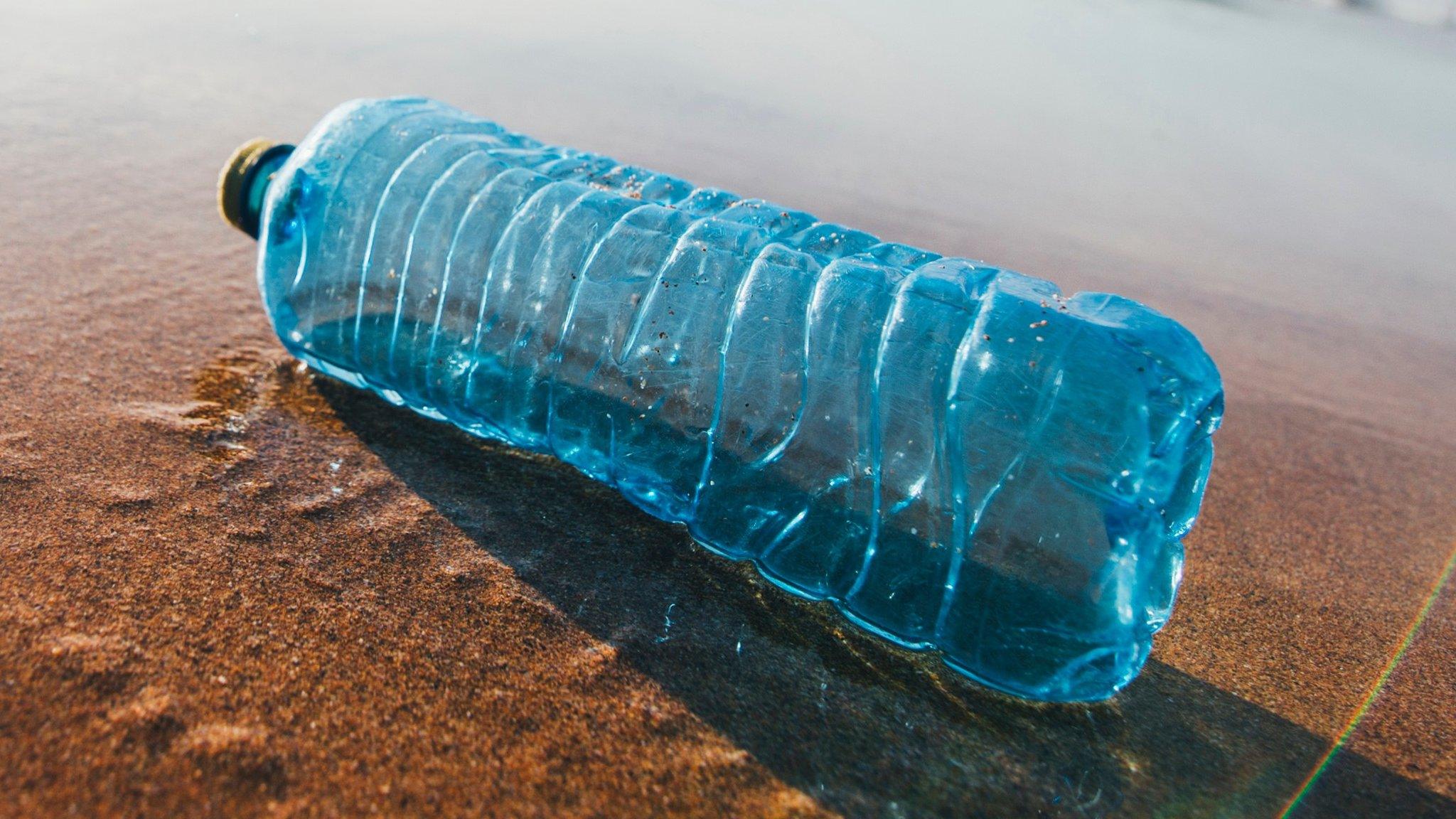
- Published20 November 2021
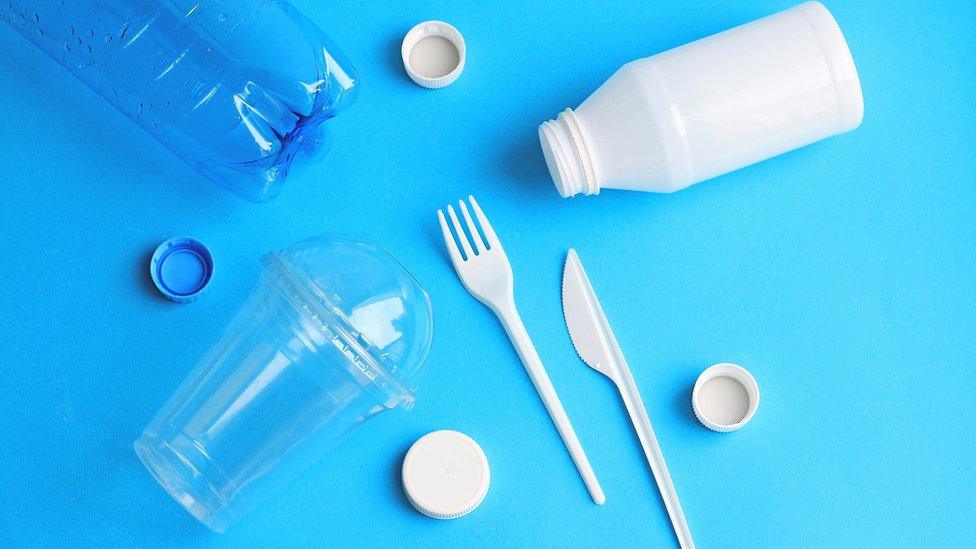
- Published11 January 2018
